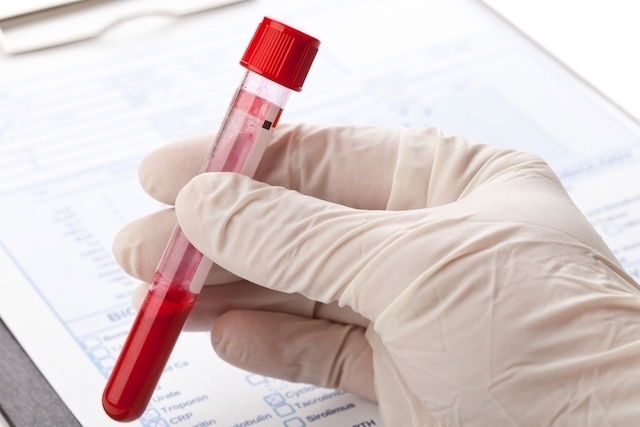Leukocytes are a type of of blood cell that is responsible for defending the body against infections and allergies. Commonly known as white blood cells, they are an important part of the immune system.
Leukocytes are transported in the blood and become reactive whenever a virus, bacteria, or any other foreign organism enters the human body. These cells help to eliminate harmful organisms and prevent them from causing further health problems.
High or low leukocytes in the blood may be a sign of infection, stress or anemia, for example. Therefore, it is important that blood tests are completed as ordered by your doctor, and the results are interpreted by the ordering physician.

Normal levels
The normal leukocyte level in the blood is between 4000 and 11000 leukocytes/mm³ of blood in adults. However, this reference value may vary from one laboratory to another, and it is important that results are evaluated by the ordering doctor.
What results mean
Leukocytes can fluctuate depending on certain health conditions. Learn what high or low levels mean below:
1. High leukocytes
High leukocyte levels (also known as leukocytosis) happen when there are over 11.000 leukocytes per mm³ of blood, although this reference value can vary from lab to lab.
- Possible causes: infection or recent disease, excess stress, side effects of medication, allergies, rheumatoid arthritis, myelofibrosis or leukemia;
- Symptoms: while experiencing symptoms is not common, symptoms may include fever over 100.4º F (38ºC), dizziness, difficulty breathing, tingling in the arms or legs and loss of appetite;
If you have symptoms, you should see your doctor for diagnosis and to initiate appropriate treatment as needed. This may include the use of antibiotics or corticosteroids, for example.
2. Low leukocytes
Low leukocytes levels (also known as leukopenia) occur when there are less than 4.500 leukocytes per mm³ of blood.
- Possible causes: anemia, use of antibiotics or diuretics, poor nutrition, weakened immune system caused by HIV, leukemia, lupus or chemotherapy;
- Symptoms: fatigue, recurrent infections, constant low fever, headaches and abdominal pain;
You should see your doctor for assessment if you have these symptoms. However, in some cases, healthy people may present with normally low levels without any underlying reason.
Leukocytes in urine
It is normal for some leukocytes to be found in the urine, as white blood cells are usually eliminated through the urine when they die. However, if you have an urinary tract infection or a serious disease, such as cancer, the amounts of leukocytes in the urine tend increase greatly.
Usually, high leukocytes in urine generate symptoms like foamy urine, fever, and chills. This finding can be related to the presence of blood in the urine. In these cases you should see your doctor to diagnose the cause and start adequate treatment.
In addition, high leukocytes in the urine can also be a sign of pregnancy, especially when accompanied by an increase in the number of proteins in the urine. In these cases, you will need to do a home pregnancy test or see your doctor about confirming pregnancy through bloodwork.
Learn more about the possible causes of leukocytes in urine and what to do.






























